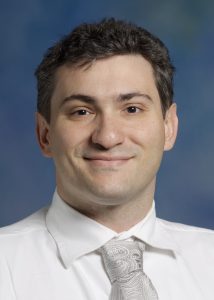Lab mission
What we do: We are a heavily interdisciplinary lab that uses computational and experimental methods to address questions in evolutionary, systems and synthetic biology. More specifically, we focus on the following areas:
- Evolutionary and Systems Biology: What is the genetic and/or epigenetic basis of acquired stress resistance in bacteria? How complex phenomena emerge through evolution? How can we generate knowledge from high-throughput contextual information?
- Synthetic Biology: Can we develop computational tools that can aid bioengineering efforts at a systems level? How can we design systems that can withstand environmental and host variation, are robust to mutation, and fault-tolerant in nature?
- Intelligent Systems: How can we integrate and exploit large datasets to create decision support systems for medical, biological, and agricultural applications?
- Food and Nutrition: Can we create predictors of the effect that food and ingredients have on our microbiome, health state, and performance? Can we recommend diets based on who we are and what we like to do?
Although seemingly disparate, these areas share common methods and knowledge discovery in one can be transformative in another. For example, understanding how bacteria evolve and what are the mechanisms responsible for their rich behavioral repertoire can guide us to engineer them efficiently. Similarly, we can gain insight into the dynamic behavior of bacterial systems by constructing synthetic systems that we can control.
How we do it: We employ machine learning, optimization, graph theory, multi-scale modeling, large-scale HPC simulations to evaluate hypotheses and analyze biological systems. In parallel, we perform laboratory evolution of microbial cultures in serial passages and chemostats, we design and characterize synthetic gene circuits with desired functions, and we validate computational predictions in our experimental lab.
Why we do it: Long hours, low pay, constant pressure over results, papers, and grants, it sounds almost paranoid to work on cutting-edge topics in a top research institution. Still, the gratification of discovering something new that can be beneficial to society, living in a vibrant environment, and getting a sense of fulfillment is difficult to match.





